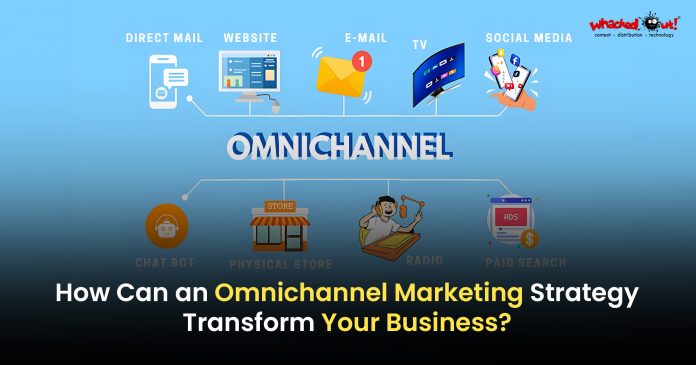An omnichannel marketing strategy aims to deliver a cohesive and seamless customer experience across various platforms, channels, and devices. This approach emphasizes understanding customer needs and utilizing data to create a unified experience that fosters brand loyalty and engagement.
Advantages of Omnichannel Marketing
Adopting an omnichannel marketing strategy offers several benefits for businesses:
- Improved Brand Recognition: Maintaining a consistent brand identity across multiple platforms is essential for establishing a strong omnichannel presence. By tailoring messaging to align with customer preferences, businesses can enhance loyalty and relevance.
- Higher Conversion Rates: Engaging customers through diverse touchpoints facilitates deeper interactions, which can expedite the conversion process.
- Valuable Data Insights: Monitoring customer behavior across channels allows businesses to gather critical insights into the customer lifecycle, optimize marketing efforts, and enhance advertising effectiveness.
Steps to Develop an Effective Omnichannel Strategy
To maximize revenue and enhance customer experiences, businesses should follow these steps:
1. Audience Segmentation
Understanding unique customer journeys through demographic segmentation is vital. This involves categorizing consumers based on characteristics such as age, location, and purchasing behavior to streamline engagement across touchpoints.
2. Data-Driven Channel Selection
Focus on channels and devices preferred by consumers to boost engagement. Employ marketing analytics and user feedback to gain insights into customer needs and preferences.
3. Coordinated Organizational Efforts
A unified customer experience necessitates alignment across all departments, including marketing, sales, and customer support. Training staff to handle inquiries consistently ensures effective communication with customers.
4. Integrated Customer Support
Seamless integration of online and offline customer service is crucial. Empowering staff with customer data enhances in-person interactions, while AI tools can provide personalized online support.
5. Personalization and Retargeting
Establish key performance indicators that align with the success of the omnichannel strategy. Personalization in messaging and retargeting efforts can significantly improve customer engagement.
Conclusion
An effective omnichannel marketing strategy not only enhances customer experiences but also drives business growth. By dismantling silos and creating a cohesive approach across all channels, companies can forge stronger relationships with their audience, leading to increased sales and improved return on investment.




